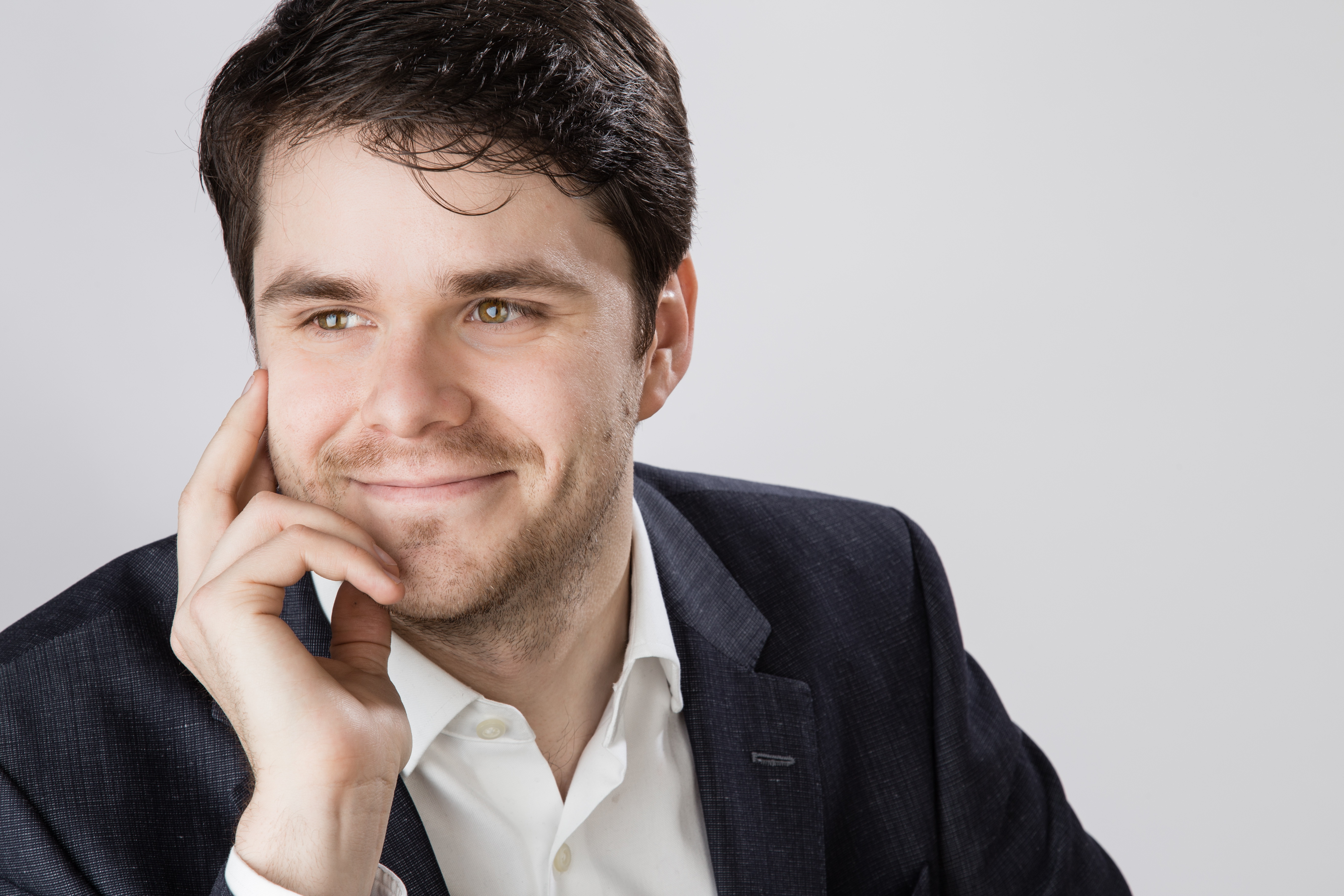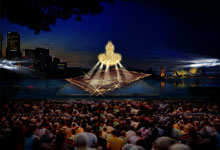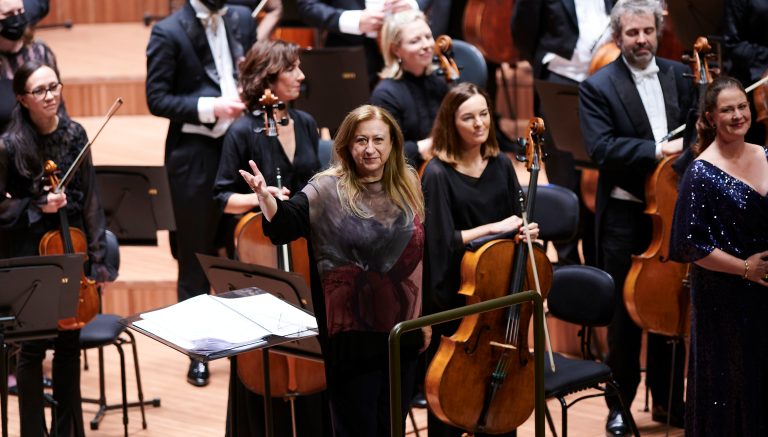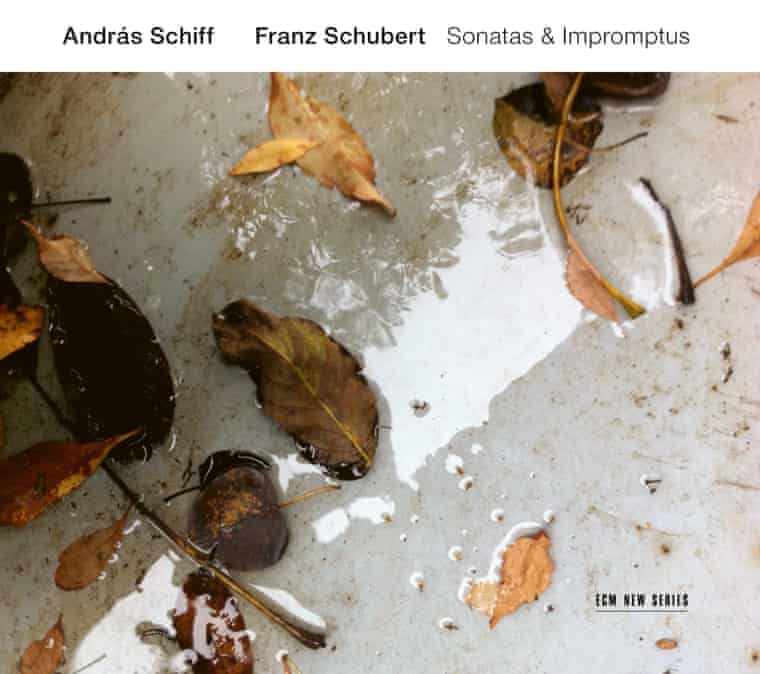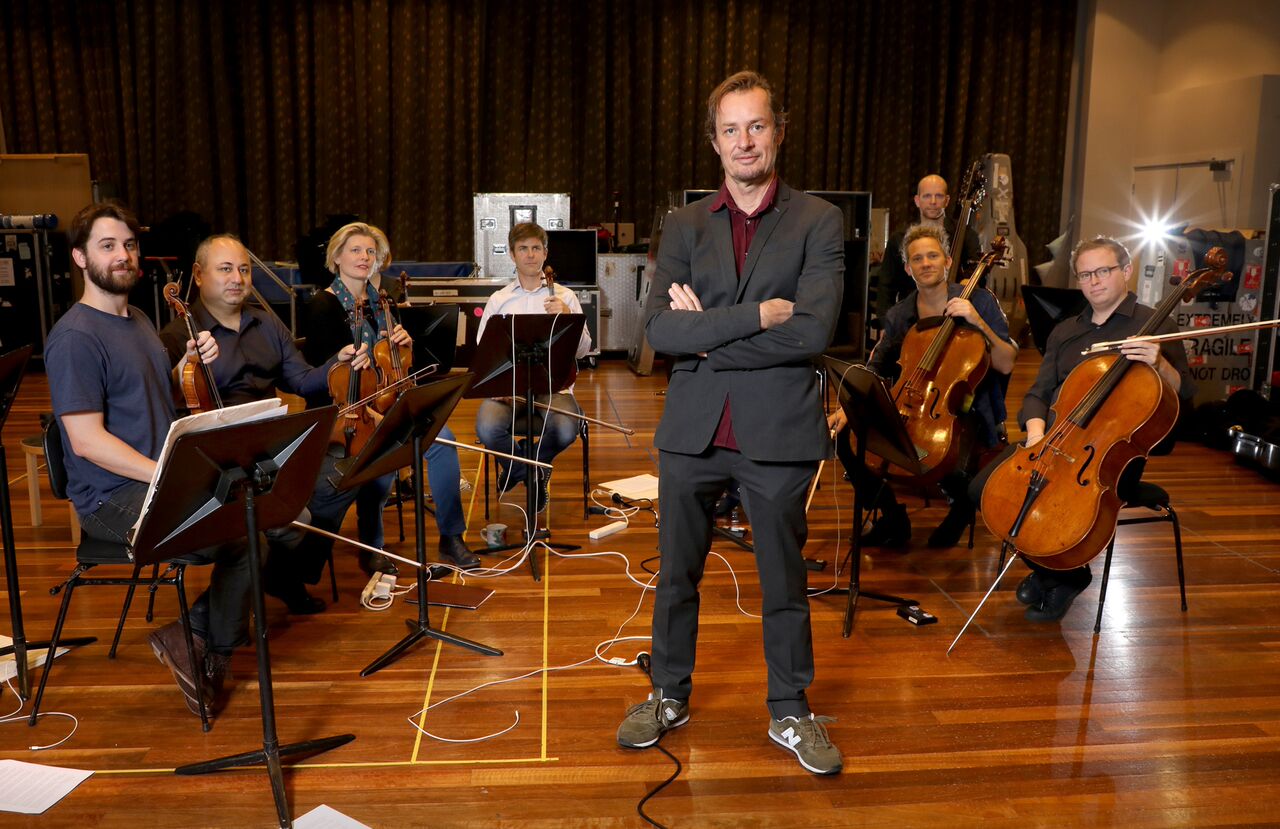Nicholas Carter In Conversation
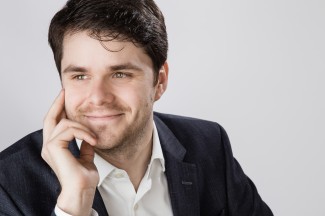
“It is important to make the distinction that what we do isn’t simply entertainment. It is much more than entertainment and if we try and sell ourselves as entertainment I think that’s a dangerous thing.”
Potent words from 29 year old Nicholas Carter, Chief Conductor elect of the Adelaide Symphony Orchestra. Nicholas Carter is in Sydney from his present base in Berlin, where he is Kapellmeister of the Deutsche Oper. It is the eve of the announcement of his appointment with the ASO which will commence in 2016. Sydney can take some pride in this appointment of the Melbourne born Carter. For three years until 2011, he was Assistant Conductor with the Sydney Symphony, working with Vladimir Ashkenazy and the orchestra’s guest conductors. Subsequently, he was appointed Associate Conductor of the Sydney Symphony.
Nestled in a Surry Hills cafe we discuss why it is critical for funding bodies to support music organisations. Carter continues, brimming with conviction: “In bringing this art to life we’re shining a spotlight on the greatest minds of Western civilisation and that is so important for the health of a city. For example, Mahler was writing at the end of Romanticism, as World War 1 was bringing to an end the world as he knew it; Stravinsky broke so much ground and caused such a furore because what he wrote was a reaction to the status quo. Music can do many things. It can detox the soul; it can shake us out of complacency; we can listen to The Rite of Spring which shocked an audience back then -but what it ignites now, is the realisation at some level never to accept that status quo – to see the world from a different perspective. It is so important that we promote music for developing and enriching us as human beings. To say that a night out at the symphony is a night out as simply entertainment, is selling ourselves short.”
Elaborating on the uniqueness of classical music as an ultimate art form, the conviction in Carter’s voice swells into passion and the hint of German inflection enters his speech. Unlike a painting or a novel, he observes, classical music needs a performer to bring the creator’s work to life. “Music doesn’t exist on a page. Music is the sound and the sound is only created by putting human blood through it. We can both look at the same Monet and see it differently. Nothing changes it. It is what Monet created. Any given performance of Bach however, or a Beethoven or a Mahler symphony is going to be different, judging by who is conducting it and the musicians playing.”
“That’s why” he says emphatically, “I believe classical music is the highest form of art, above all other forms and therefore it is important to say that art isn’t simply entertainment – the arts are so much more important for the spiritual life of the nation.”
To persuade those who hold the purse strings, says Carter, “It is of paramount importance that we develop a vocabulary to convince politicians and society of the work of supporting the arts. It’s not just supporting an entertainment industry – it’s supporting the health and wellbeing of our society.”
Joining Nicholas Carter in this new artistic leadership of the ASO are two demigods of the international music scene. British conductor, Jeffrey Tate has been appointed Principal Guest Conductor and Artistic Adviser; conductor, violinist, violist and pedagogue Pinchas Zukerman is Artist-in-Association. Carter describes the team as a “triumvirate of music leadership” which brings together a trio of musicians at different stages of their careers. “I’m not yet 30 so I’m not bringing 30 years of experience to the position,” he says, ” but Jeffrey Tate certainly is – at least 30 years. He’s one of the finest musicians of the last couple of decades and we’re so lucky t have him spend some time with the orchestra.”
“Pinchas Zuckerman is as big a name as you can get. He’s has a real understanding – an old style schooling of orchestral playing. His focus is going to be on programmes obviously featuring him as soloist and director but also on projects to do with education in stringed instruments and the playing scene in Adelaide as well.”
Much will be made of Carter’s appointment to the ASO as the first Australian in three decades to conduct a capital city orchestra. The distinction between an Australian conductor at the helm and one from overseas seems to be one that persists in the nation’s consciousness. Yet, abroad, Sir Simon Rattle leads in Berlin; Gergiev in London; there is a Latvian in Birmingham, an Austrian in Cleveland, a Venezuelan in Los Angeles and an Italian in Chicago. Not only that, in our globalised world, the orchestral musicians of ‘national’ orchestras hail from all corners of the world. “We live in an interconnected world” says Carter. “and conductors bring their own experiences to an orchestra. Nailing it down simply to nationality is selling us short because the relationship with the orchestra is much more complex than that.”
There is an important caveat however, to what Carter says. “Though it might seem contradictory, it is significant for Australia… for any country…. to appoint a conductor from amongst their own because it is a validation of the talent that can be produced in the country and proof that Australia can acknowledge the depth of its musical talent and take the international stage with everyone else.”
He continues, “The nationality of the conductor is not completely irrelevant but it is less important than the maturity of their interpretation or the conviction of their conducting. The relationship between the orchestra and the conductor is incredibly nuanced and there is a whole spectrum of things that are being communicated to the orchestra – intellect, personality, the way that serious moments are balanced with humour in the rehearsal, the way they assess the personalities in the orchestra and get the best out of everyone. Every orchestra has its own flair, its charisma, its personality. Even within an ensemble there are many different personalities. A good conductor can sense that from the beginning and know how to play to that orchestra’s strengths, work out what it needs and adapt to bring out the best. “
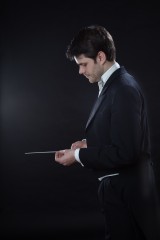
As well as being the only Australian, Carter is, by any definition the junior partner amongst the coterie of those who lead Australia’s major orchestras. They range in age from the Melbourne Symphony Orchestra’s Sir Andrew Davis, born in 1944, to the Tasmanian Symphony Orchestra’s Marko Letonja who was born in 1961. Along the time line are the Sydney Symphony Orchestra’s David Robertson and WASO’s Asher Fisch, both born in 1958 and Queensland’s Johannes Fritzsch, born in 1960. Carter is humbled to be in this realm but points out “All these great conductors were once 29 years old and often with significant positions. David Robertson was appointed to the Jerusalem Symphony when he was in his late 20’s; Sir Andrew Davis was a very young conductor for the BBC. Even from the younger tier conducting today, Dudamel and Andris Nelsons were in their late 20s when they were appointed to Los Angeles and Birmingham; Yannik Nézet-Séguin was in his early 30s when he went to Rotterdam. Conductors don’t just emerge when they’re 60 years old. “
“Like nationality, the age of the conductor isn’t all that important, as long as the maturity of the work on the podium and the interpretation is of the highest calibre” Carter concludes.
To nurture conducting talent in Australia, Carter is of the opinion that the study of conducting should be offered at undergraduate level, not just as a post-graduate course. “Where in the community is there a readily available group of musicians where you can practice conducting?” he asks. “It’s at university. It is counterintuitive to say that it should only be a Master’s course which goes for 18 months or 2 years, because you should have 6 or 7 years of study – the opportunity to have weekly contact with an orchestra from the time you’re 18 till you’re 24 – is what’s going to really develop technique and understanding.”
“Sometimes, ” he continues, ” it is a quirk of history and of education systems as well. There are few Germans conducting around the world right now despite their tradition in this field. Russia is producing so many conductors because they take conducting education seriously, like Finland. America has lots of conducting academies and produces world class conductors. There are programmes here like the one run by Symphony Australia which is excellent. It provides the opportunity to conduct a symphony orchestra with a conductor mentor – but that should complement something that isn’t there. The great conductors of the previous generation grew up in the German opera houses as repetiteurs, vocal coaches and then as conductors, conducting night in night out, a diverse repertoire, accompanying singers – that ‘s where you learn your craft, your technique and where your maturity as a musician develops. It’s only recently that people have thought to by-pass that. Sometimes it works – Rattle never spent time in German opera houses – he was prodigiously talented and made it happen, as did Esa-Pekka Salonen – they were the first of a generation who weren’t trained from a young age in the German opera house tradition. “
What of Carter’s own experiences in the opera houses of Berlin and Hamburg? ” It’s thrilling” he says, eyes shining. “A roller coaster ride – it’s incredibly intense, I’ve never worked so hard in my life – we don’t really have a life outside of it. There is a repertoire of about 35 operas a year – you get assigned to works that you’re either conducting or assisting and rehearsal time depends on when the last performance of that opera was.” The amount of rehearsal time is inversely related to the frequency with which an opera is performed. ” I conducted Carmen for the first time last Saturday night – it’s performed so often they don’t rehearse it that much. There were 3 performances last December with Alagna and then last Saturday night, they did just one performance in the middle of nowhere because we were able to get a good Carmen. The opera director booked her in and asked me to conduct. I could have said ‘I’ve never done it, I don’t want to do it’ or I could have said ‘I’m going to do it’ and make it happen. There is no chance for it not to happen. It has to work and that’s where you learn. It’s scary, but everything else afterwards become easy!” he laughs wryly.
As for his plans for the ASO – Carter acknowledges that the repertoire he shapes will reflect his own broad musical tastes – classical and contemporary works with a focus on developing Australian composers. “We might say that audiences for classical music are declining, but there are new audiences to be found in programming outside the square. We will look at performing in different venues and concerts that aren’t traditional overture/concerto/symphony structure – although they’re important to maintain because there is audience for that as well as for the musical health of the orchestra and the players” he reflects.
Carter notes that the sheer volume of repertoire in the 21st century makes the job of an orchestra more challenging than ever before, compounded by the expectation of accuracy in historical performance practice. “If you listen to the recordings of some of the great orchestras in Germany and England in the 1940s and 1950s, their Bach sounded exactly the same as their Brahms, sounded exactly the same as their Elgar. Everything had a wonderful but generic sound. Today, the expectation is that you have to play Bach as well as the Freiburg Baroque Orchestra, Thomas Adès as well as the London Sinfonietta and Mahler as well as the Berlin Philharmonic. We will continue to cultivate a diverse sound vault, a diverse musical palette, build the repertoire and build the audiences as well.”
“It’s a hugely thrilling opportunity to work with the Adelaide Symphony Orchestra, and to come into this position at this stage after the orchestra has had ten years with Arvo Vollmer as Chief Conductor. As their Associate Guest Conductor I’ve known them now for 4 or 5 years. They’re a wonderful friendly family and it’s a privilege to be a part of that. It’s going to be fascinating how this artistic team of Jeffrey, Pinchas and I take the orchestra into the challenges of the 21st century.”
Shamistha de Soysa for SoundsLikeSydney©

